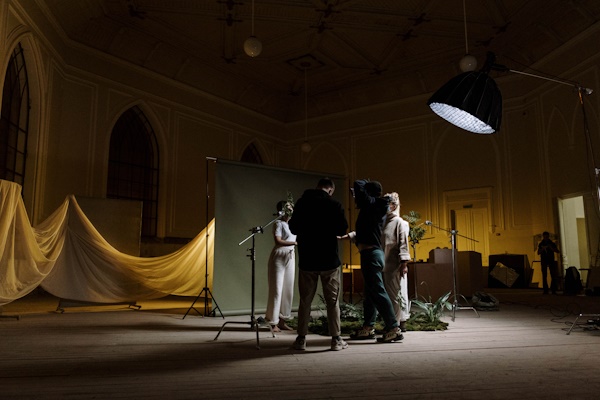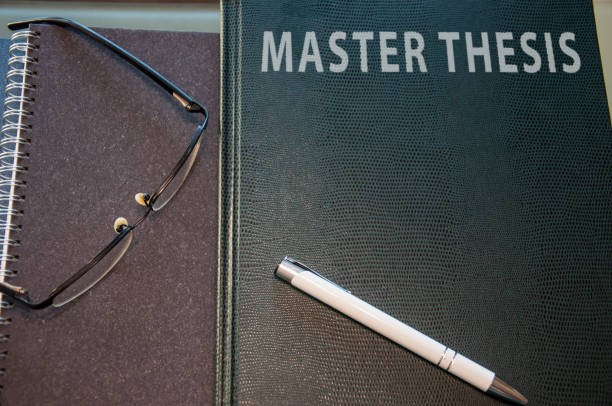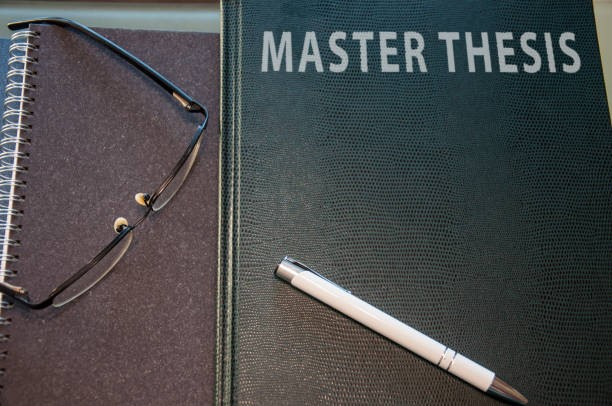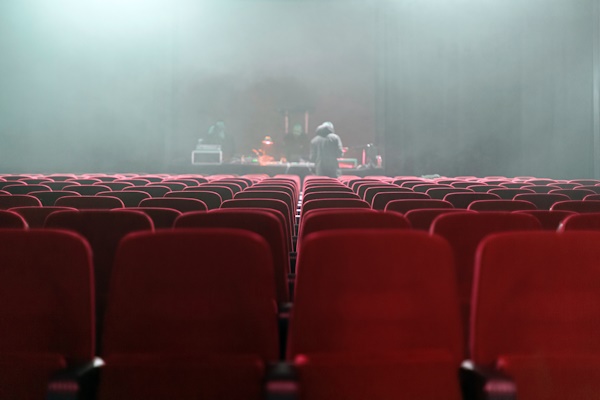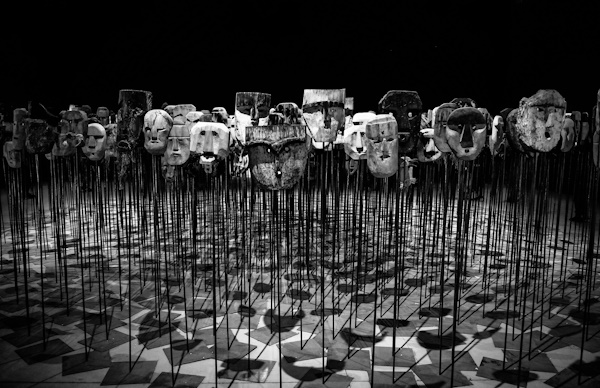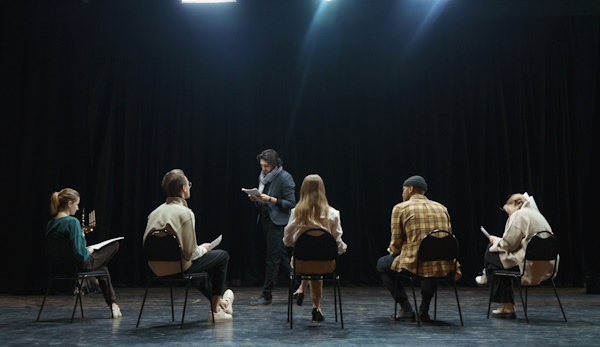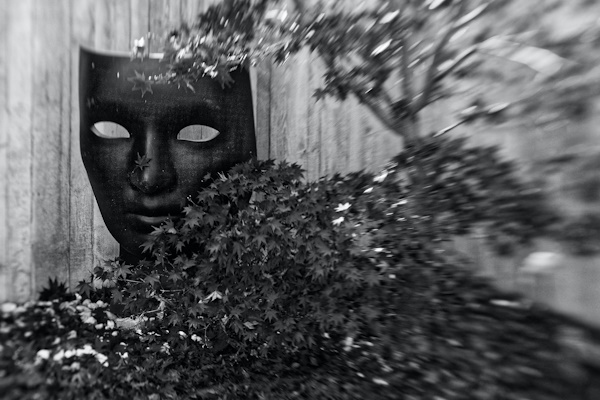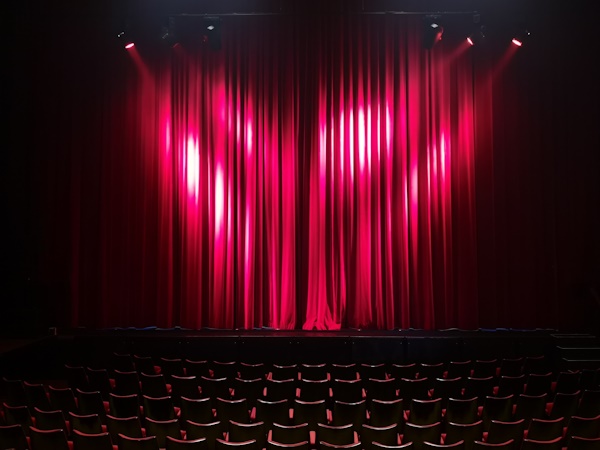- Κωδικός / Course Code:
ΘΕΣΠ701B
- ECTS:
15
- Τρόποι Αξιολόγησης / Assessment:
-
- Διάρκεια Φοίτησης/ Length of Study:
Εξαμηνιαία (εαρινό)/ Semi-annual (spring)
- Κόστος/ Tuition Fees:
€425
- Επίπεδο Σπουδών/ Level:
Μεταπτυχιακό/ Postgraduate
Thesis Purpose and Objectives
The aim of the graduate thesis is the writing of a piece of scientific scholarship between 12.000-15.000 words in a field relevant to the study direction chosen by the student.
The topic of the thesis must be original, therefore cover a verified gap in the relevant scholarship and research, and/or present and analyse new research data (from archival or other primary sources; from experimental/quantitative/qualitative research etc.) and/or reconsider existing research data through a new theoretical/methodological lens.
Methodology must comply with the general methodological trends identified in research into this specific area (analysis of sources/texts, experimental, quantitative/qualitative research, field research, intervention in the classroom etc.)
Selection of topic and methodology must ensure the significance of research, namely its contribution to theoretical bibliography and/or to the resolution of methodological issues and/or to practical applications.
Learning Outcomes
In completing the MA thesis, students will:
- Conduct a critical overview of bibliography that is relevant to the topic of the thesis
- Identify and formulate the basic research questions pertaining to the investigated topic which the thesis will endeavour to answer
- Point out and justify the necessity and significance of research as well as its contribution to the cognitive field in which the graduate thesis falls
- Identify, understand and apply the designated methodology which can also be an eclectic admixture of various methods, if applicable
- Use articulate academic discourse that draws on the required bibliographical documentation to formulate the questions, course of research, applied methodology and research findings





